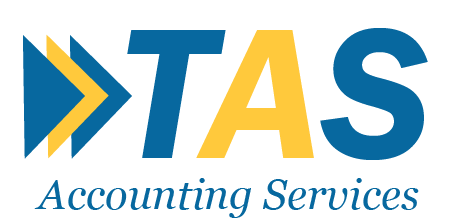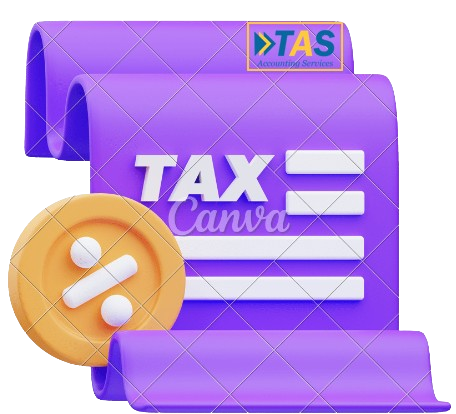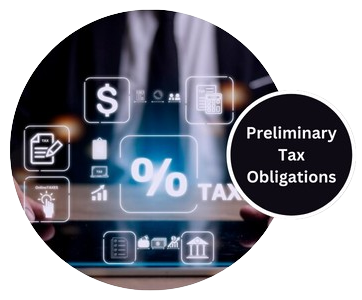For someone who only rents out on Airbnb once giving the term Occasional its ordinary meaning solves the problem. But what if you do it three or four times in a year and then never again? Is this something that happens frequently during that tax year or only once in a while?
A random letting each year will hopefully be considered Occasional rather than frequent in the hopes that common sense will prevail.
What tax do I have to pay on sporadic income?
Regrettably, the rules for determining your taxable profit aren’t as good as they would be if you were trading. A deduction for direct incidental costs associated with the letting will be allowed under IRS rules. They are not required to provide any tax deductions, but they recognize that costs are incurred, and the following are examples of what they will consider a tax deduction:
Online booking sites are compensated with a commission.
Cleaning fees are paid to a third-party provider rather than to you.
Breakfast is included in the room rate.
A fair distribution of electricity, gas, and heating costs incurred by visitors.
While this seems generous, any costs directly related to your property, such as insurance, maintenance, and TV license, are not tax deductible. They believe you would incur these costs regardless of whether you provide short-term letting, so there is no tax deduction for them.
On your profit, you will pay regular income tax, PRSI, and USC, and you will be required to file a tax return with the Revenue for each year involved.

















